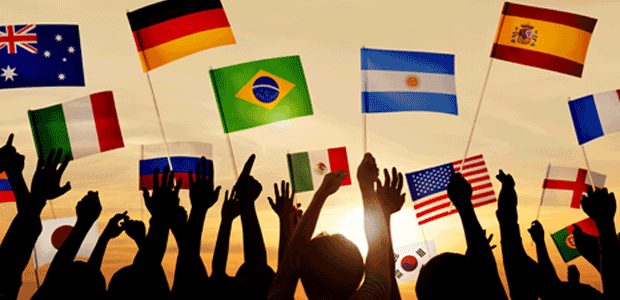Did you known that September 30th is International Translation Day, a day to honor the work of translators around the world. Here at Language Connections it is an opportunity to show our appreciation for the efforts of our expert linguists by sharing with our readers the sheer volume our translators have produced in the six most commonly requested languages over the course of the past nine months.
HISTORY OF INTERNATIONAL TRANSLATION DAY
International Translation Day was created by the FIT (International Federation of Translators) in 1953 to establish an annual event bringing together professionals in the translation and interpreting services community. The event provides a chance for those in the industry to discuss important issues and celebrate their successes. September 30th was chosen because it is the feast day of St. Jerome, who was the first to translate the Bible from Greek into Latin, making it available to a larger audience. As a result of his efforts, he became known as the patron saint of translators.
INTERNATIONAL TRANSLATION DAY: SOME OF OUR TRANSLATORS’ CONTRIBUTIONS
(JANUARY 1, 2017 – SEPTEMBER 15, 2017)
We celebrate and honor our translators on this day, September 30, for their special contribution of bringing our worlds closer together by breaking down language barriers across all borders.
We share the contribution of our translator’s with the following Video
SPANISH (770,190 WORDS)
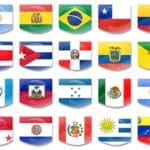
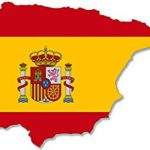
U.S. Spanish (157,748 words) is used by native Spanish and bilingual speakers who are 1st and 2nd generation immigrants to the United States from Latin American countries. Their language use differs from their counterparts in their home countries in that they may use English terms in place of Spanish.
FRENCH (289,807 WORDS)
French Canadian (69,827 words) is the variant of French used in French-speaking Canada, or Québécoise. This differs from that in France in that it has many Anglicized words, as well as differences in the use of words and meanings of common phrases.
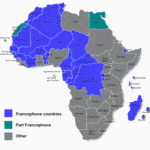
French in France (211,118 words) is the official and national language of France, spread to various parts of the world as a result of colonization.
PORTUGUESE (796,657 WORDS)
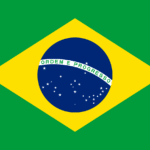
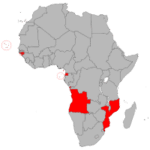
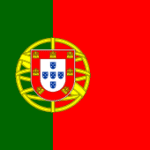
CHINESE (183,346 WORDS)
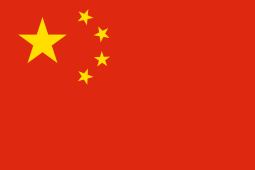
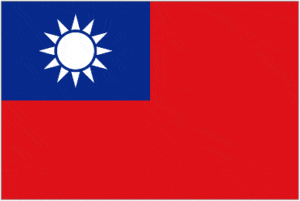
ARABIC (87,323 WORDS)
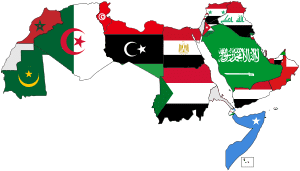
RUSSIAN (196,860 WORDS)
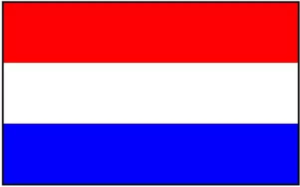
Learn more about our Translation Services!
About Language Connections:
Language Connections is one of the top language service companies in the US. Over the last 30 years, we’ve focused on providing the best business translation services, interpreting services, as well as interpreter training and customized language training programs. In addition to top-tier corporate language training, we offer certified corporate interpreters and professional business translation services in 200+ languages. Our network includes linguists with backgrounds in all major industries. They’re ready to meet your needs, whether they’re for technical translation services, legal translation, government translation services, international development translation services, education translation services, life sciences translation, or something else. Reach out to us today for a free quote on our cost-efficient and timely translation services, interpreters, or other linguistic services.
Language Connections Inc.
2001 Beacon Street, Suite 105,
Boston, MA 02135
Phone: +1-617-731-3510
Email: service@languageconnections.com

